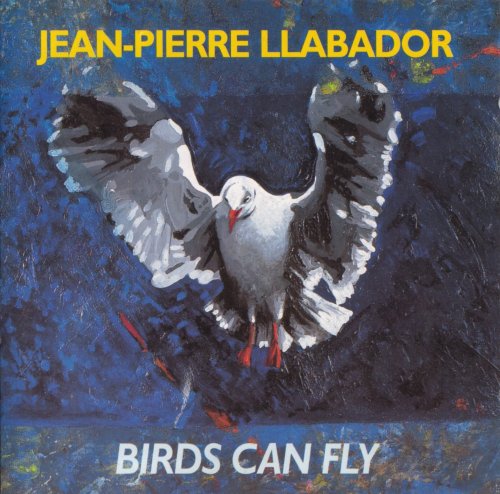Cappella Amsterdam, Daniel Reuss - Leoš Janáček: Choral Works (2012) [Hi-Res]
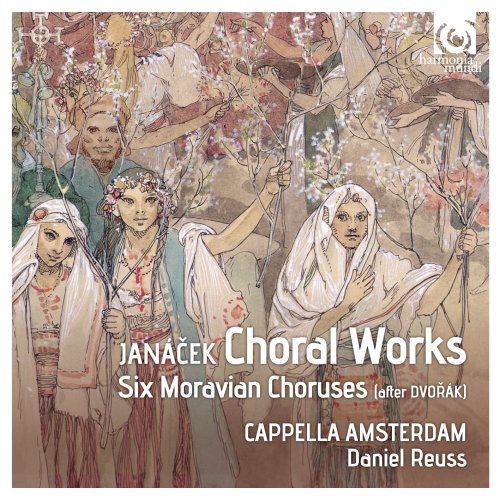
Artist: Cappella Amsterdam, Daniel Reuss
Title: Leoš Janáček: Choral Works
Year Of Release: 2012
Label: harmonia mundi
Genre: Classical
Quality: FLAC (tracks) 24/44,1, FLAC (tracks)
Total Time: 01:11:23
Total Size: 659 / 328 MB
WebSite: Album Preview
Tracklist:Title: Leoš Janáček: Choral Works
Year Of Release: 2012
Label: harmonia mundi
Genre: Classical
Quality: FLAC (tracks) 24/44,1, FLAC (tracks)
Total Time: 01:11:23
Total Size: 659 / 328 MB
WebSite: Album Preview
Six Moravian Choruses, Transcribed From Antonin Dvorak's "Moravian Duets" -
01. I. The Slighted Heart - [01:15]
02. II. The Pledge of Love - [01:17]
03. III. Forsaken - [01:34]
04. IV. Parting without Sorrow - [01:12]
05. V. The Wild Rose - [03:07]
06. VI. Trust - [03:20]07. The Wild Duck (Kačena divoká) - [03:39]
08. The Wolf's Trail (Vlčí stopa) - [07:33]
09. Elegy on the Death of My Daughter Olga (Elegie na smrt dcery Olgy) - [07:36]
Nursery Rhymes (Rikadla) -
10. I. Introduction - [00:34]
11. II. The beetroot got married - [01:30]
12. III. There's nothing better than springtime - [01:12]
13. IV. The mole creeps - [01:14]
14. V. Karel rode off to hell - [00:38]
15. VI. Ragged trousers - [00:29]
16. VII. Franta the knacker's son - [00:59]
17. VIII. Our dog, our dog - [00:34]
18. IX. I preach, I preach a sermon - [01:01]
19. X. The old woman was casting spells - [00:40]
20. XI. Ho, ho, off go the cows - [01:08]
21. XII. My tiny little wife - [00:37]
22. XIII. Granny's crawled into the elder bush - [00:22]
23. XIV. The white goat's picking up the pears - [00:40]
24. XV. Grumpy German broke the pots - [00:44]
25. XVI. Nanny goat's lying in the hay - [00:47]
26. XVII. Vašek, the rascal, the drummer boy - [00:46]
27. XVIII. Frantík, Frantík - [00:23]
28. XIX. The bear sat on a log - [01:35]29. On an Overgrown Path, Series I: I. Our evenings - [04:12]
30. Ave Maria Varyto, JW 8/3 - [04:56]
31. Otče náš, JW 4/29 - [16:09]
Les œuvres pour chœur de Janacek puisent dans un répertoire de chants et de récits populaires d’une profonde richesse. Le compositeur s’empare d’idiomes issus des traditions moraves et bohémiennes, de leurs danses folkloriques et autres comptines pastorales, ou encore des Chants moraves de son compatriote Antonín Dvořák, pour transposer un sentiment mêlé, oscillant toujours entre allégresse et mélancolie, à l’image de ses harmonies en demi-teintes… Ici, nous sommes tout bonnement confrontés à la naissance d’un langage musical qui, bien qu’il fut consciemment ancré à l’Est, projette depuis près d’un siècle l’aura d’un sentiment universel !

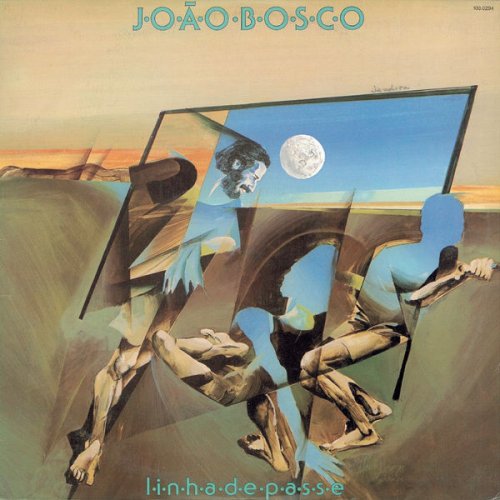
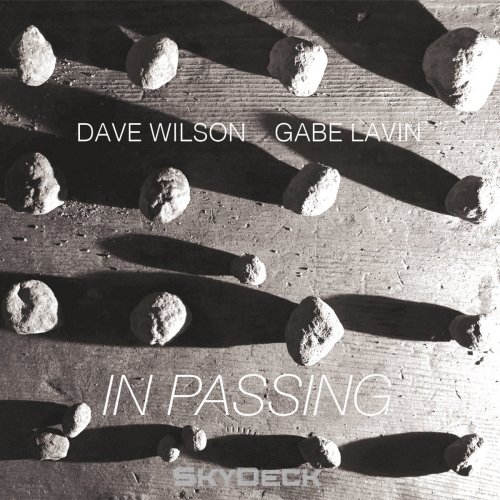

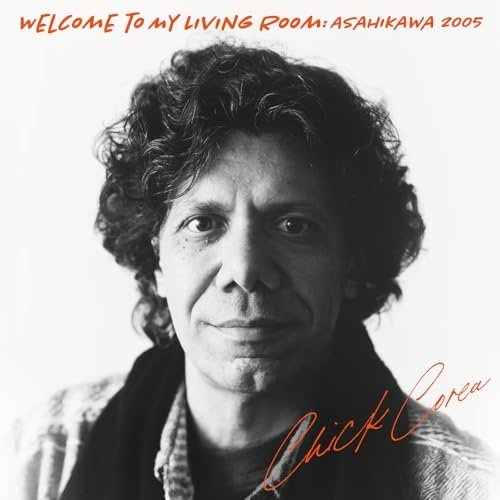
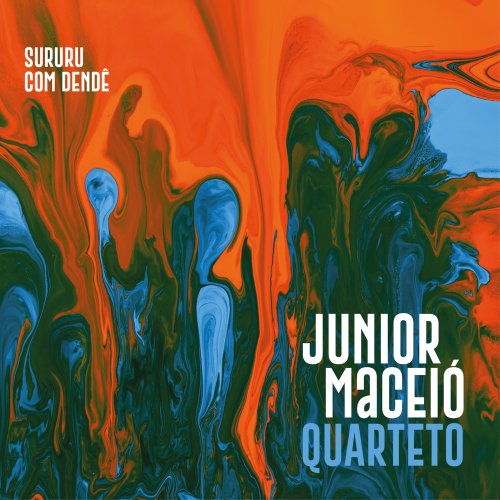
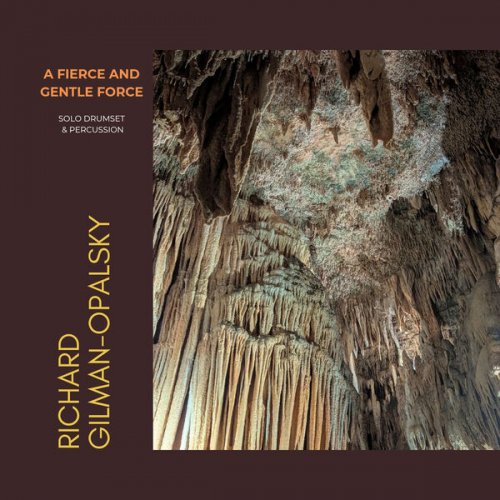
![Beverly Glenn-Copeland - Laughter In Summer (2026) [Hi-Res] Beverly Glenn-Copeland - Laughter In Summer (2026) [Hi-Res]](https://www.dibpic.com/uploads/posts/2026-02/1770134638_folder.jpg)
